
Senior Fellow @MIT Mobility Initiative + Contributing Writer at Vox, focused on transport. Words in @Slate @TheAtlantic @CityLab https://t.co/QE33pKTUuw
5 subscribers
How to get URL link on X (Twitter) App


 Context: Oversized vehicles are deadly for everyone else on the street – and especially pedestrians.
Context: Oversized vehicles are deadly for everyone else on the street – and especially pedestrians.


 Piazza Colonna, Rome
Piazza Colonna, Rome 


 0-60 times emerged in the 1940s, the brainchild of a car dealer and auto journalist named Tom McCahill.
0-60 times emerged in the 1940s, the brainchild of a car dealer and auto journalist named Tom McCahill. 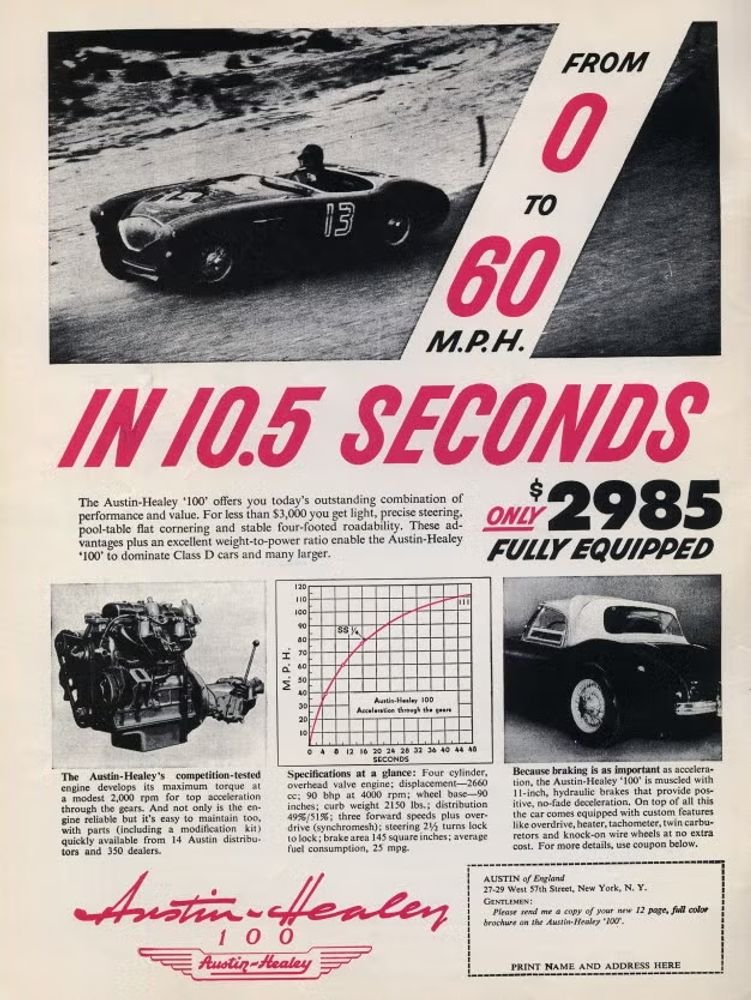

 There’s an urbanist adage that cities aren’t loud; cars are loud. It’s really true.
There’s an urbanist adage that cities aren’t loud; cars are loud. It’s really true. 

 State DOTs (and the feds) regularly argue that adding highway lanes will reduce emissions.
State DOTs (and the feds) regularly argue that adding highway lanes will reduce emissions.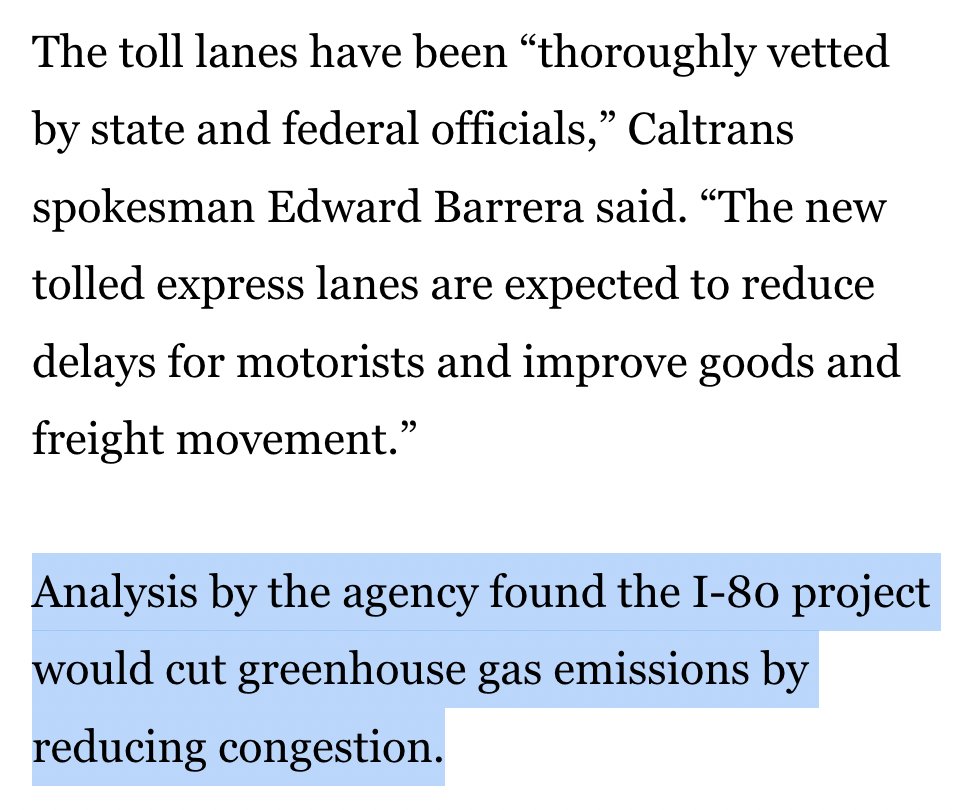

 First, a bit of context.
First, a bit of context.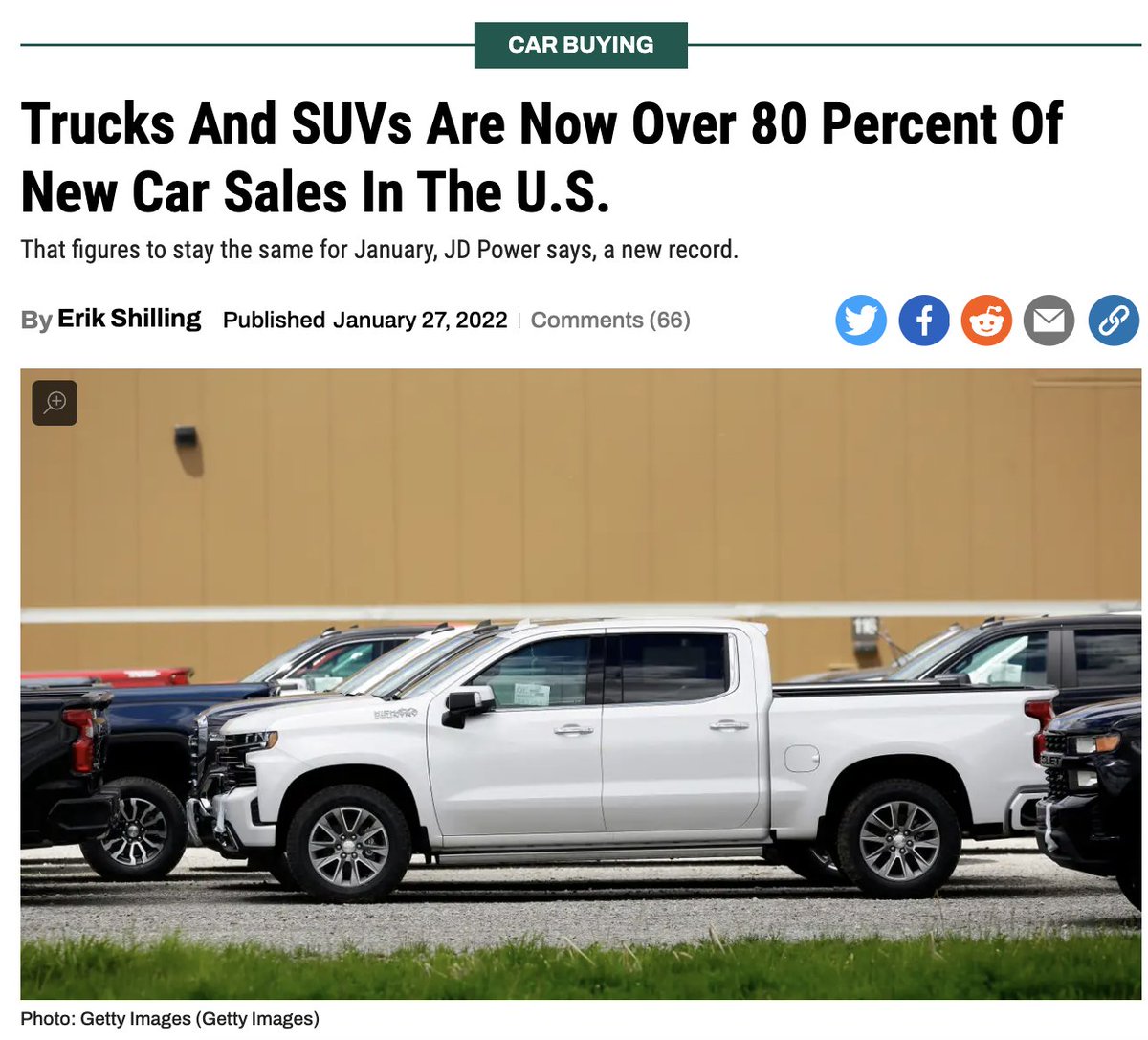

 Note that the US pedestrian safety crisis revolves around a few exceptionally dangerous states (looking at you, Texas and Florida).
Note that the US pedestrian safety crisis revolves around a few exceptionally dangerous states (looking at you, Texas and Florida).

 A key urbanist insight: “Supply creates demand.”
A key urbanist insight: “Supply creates demand.”
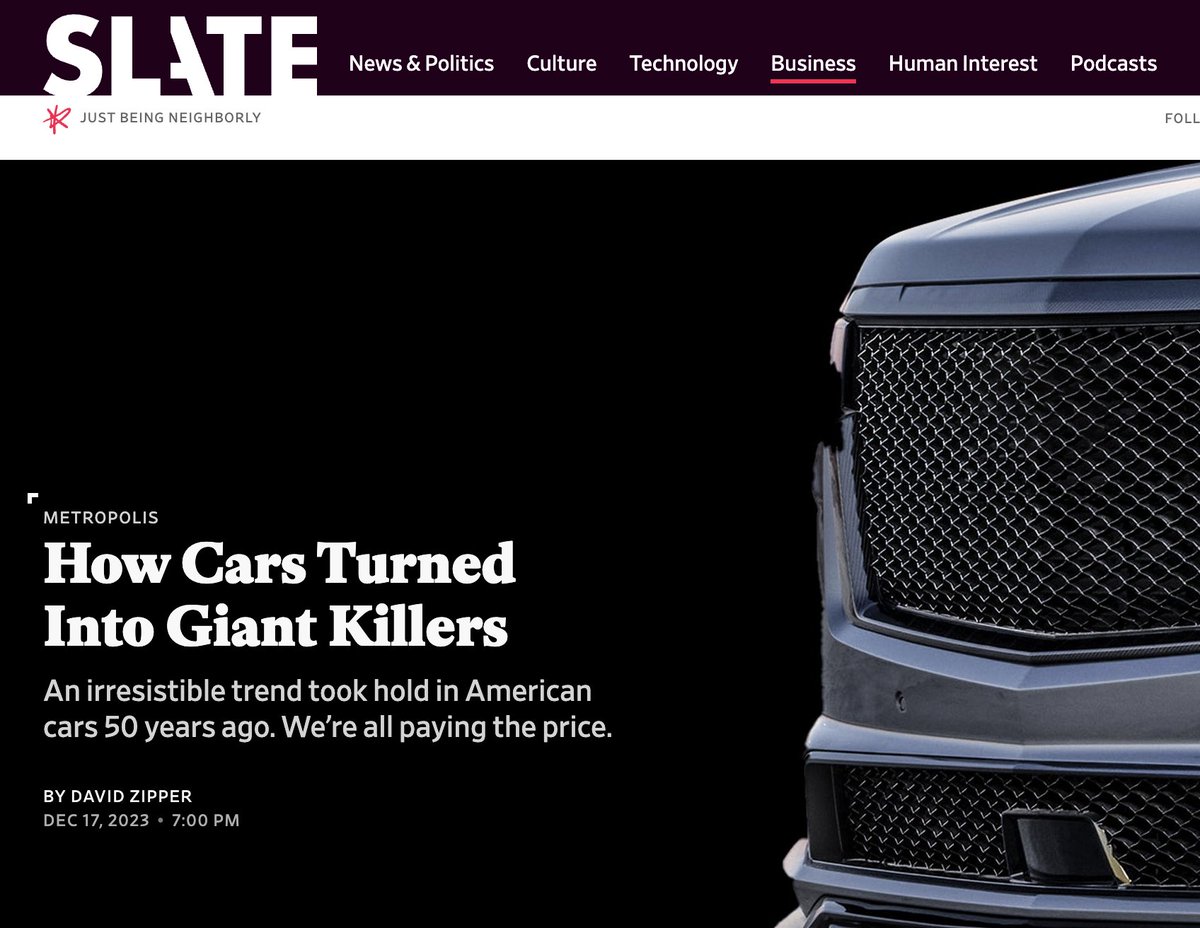
 @Slate “Car bloat” describes the shift in new car sales toward increasingly massive SUVs and trucks.
@Slate “Car bloat” describes the shift in new car sales toward increasingly massive SUVs and trucks.
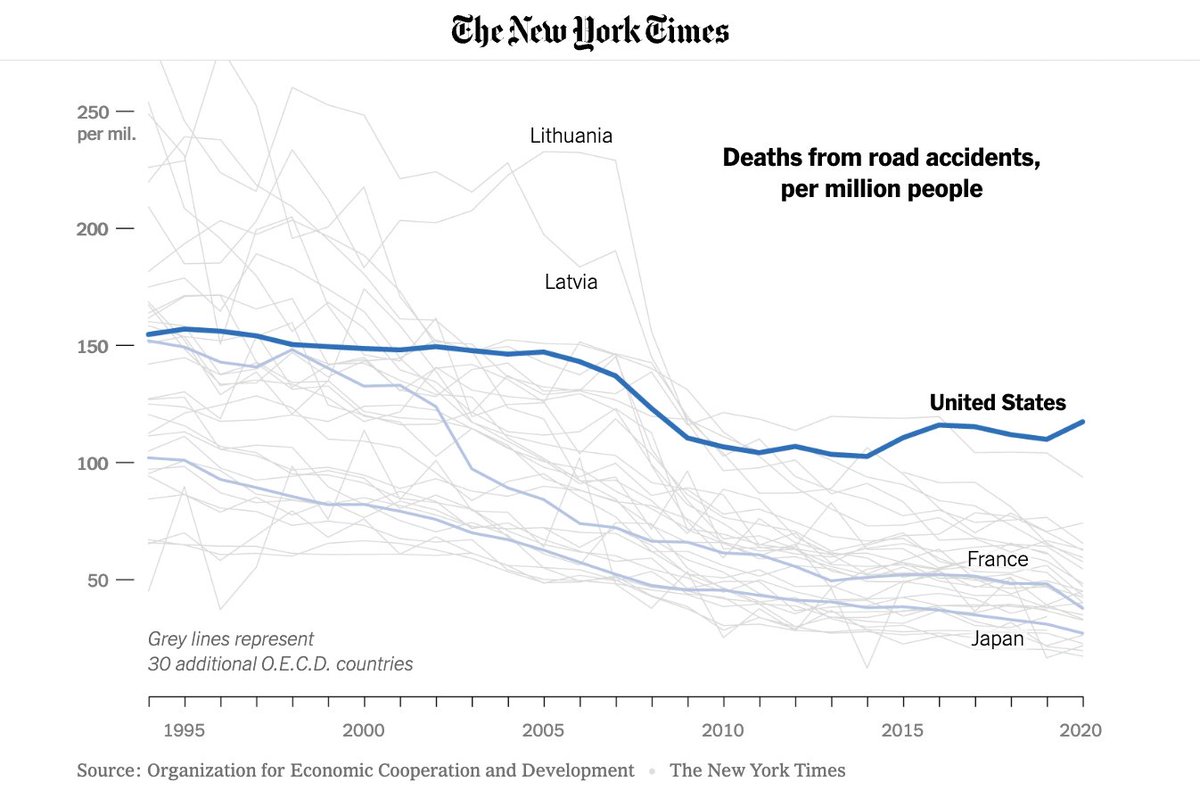
 1) Invest in mass transit
1) Invest in mass transit

 Consider this horrific crash last year in North Las Vegas.
Consider this horrific crash last year in North Las Vegas.
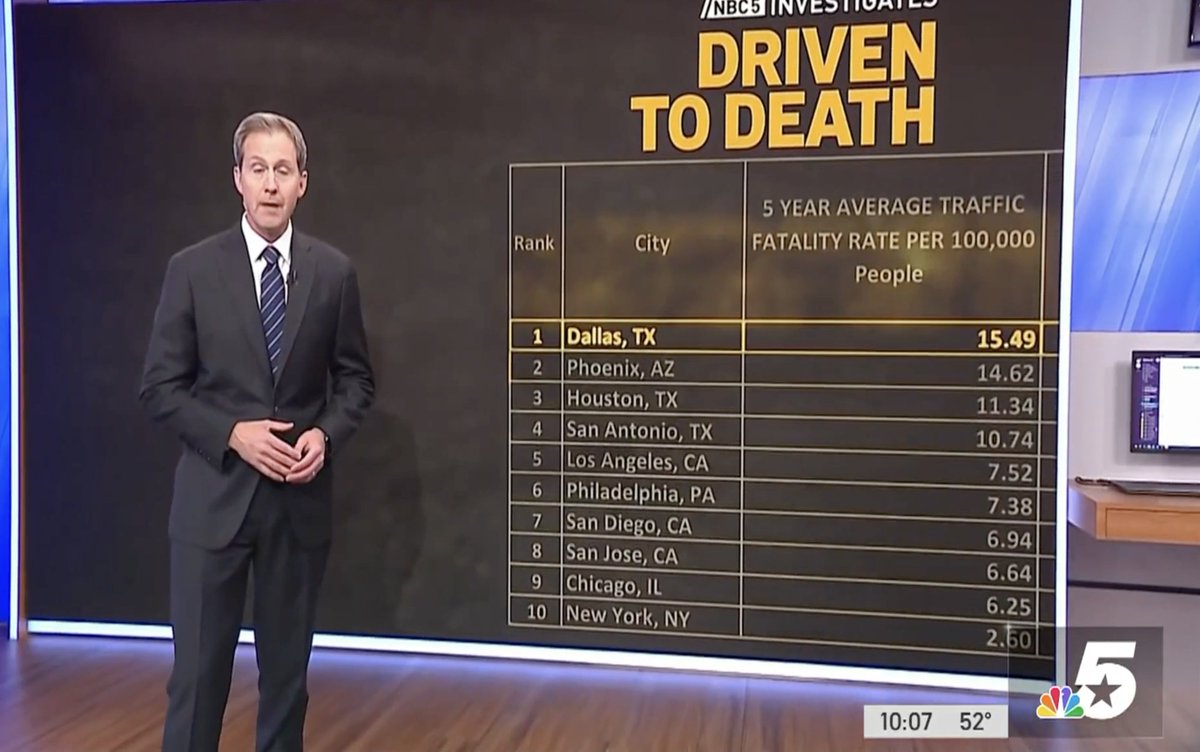


 The chemical in question, 6PPD, makes tires more durable. It turns into 6PPD-quinone when exposed to air.
The chemical in question, 6PPD, makes tires more durable. It turns into 6PPD-quinone when exposed to air.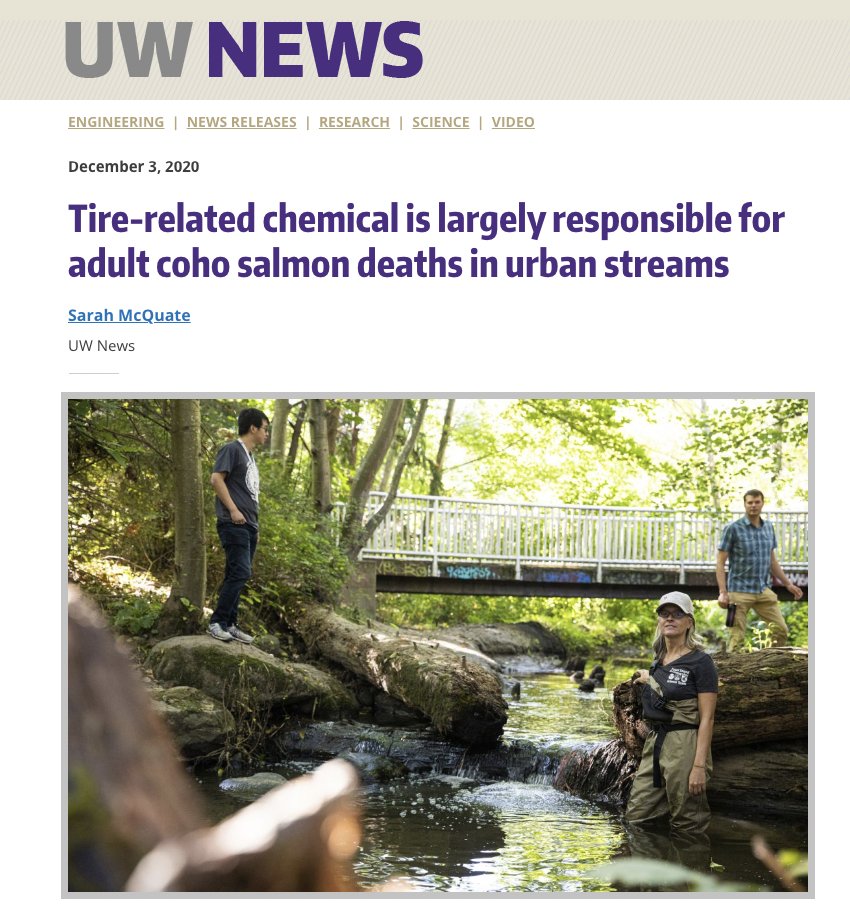





https://twitter.com/DavidZipper/status/1687799329241636864There was some interesting pushback. (I'm ignoring meltdowns from the jabronis w/huge trucks and thin skins)
https://twitter.com/mrlevine/status/1687826055464095744?s=20

 First, some basic info:
First, some basic info:
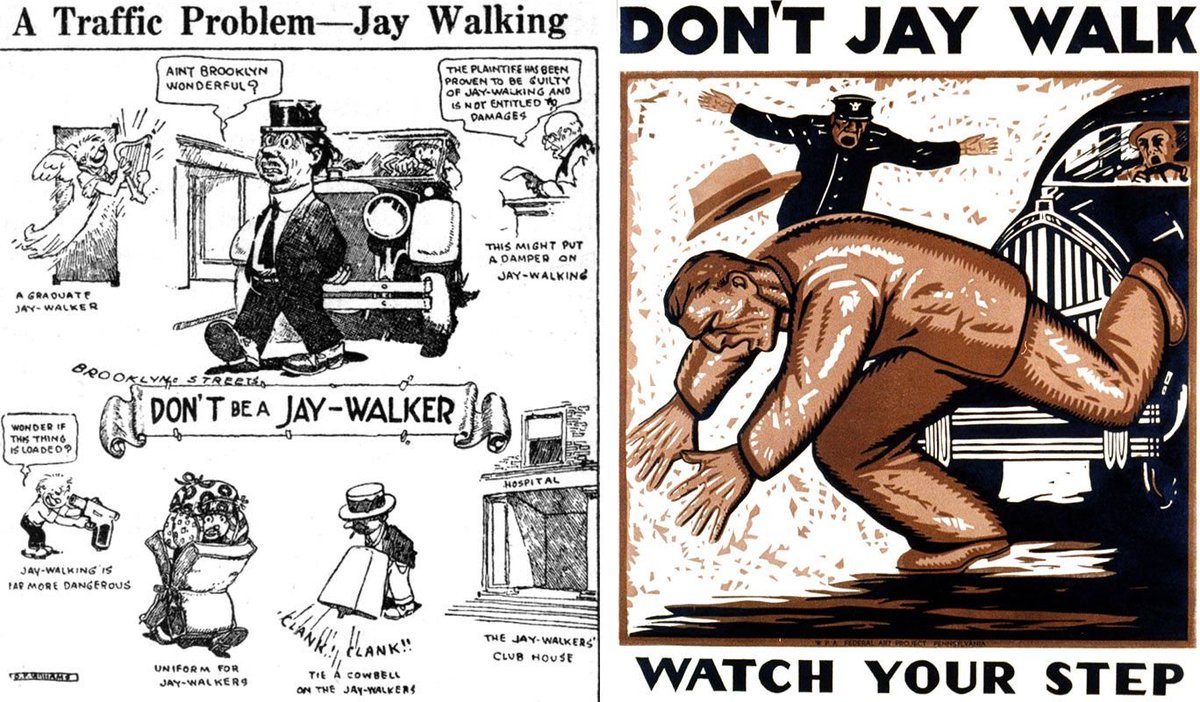

 @GHSAHQ The US is terrible at roadway safety in general -- but we are truly abysmal at pedestrian safety.
@GHSAHQ The US is terrible at roadway safety in general -- but we are truly abysmal at pedestrian safety. 